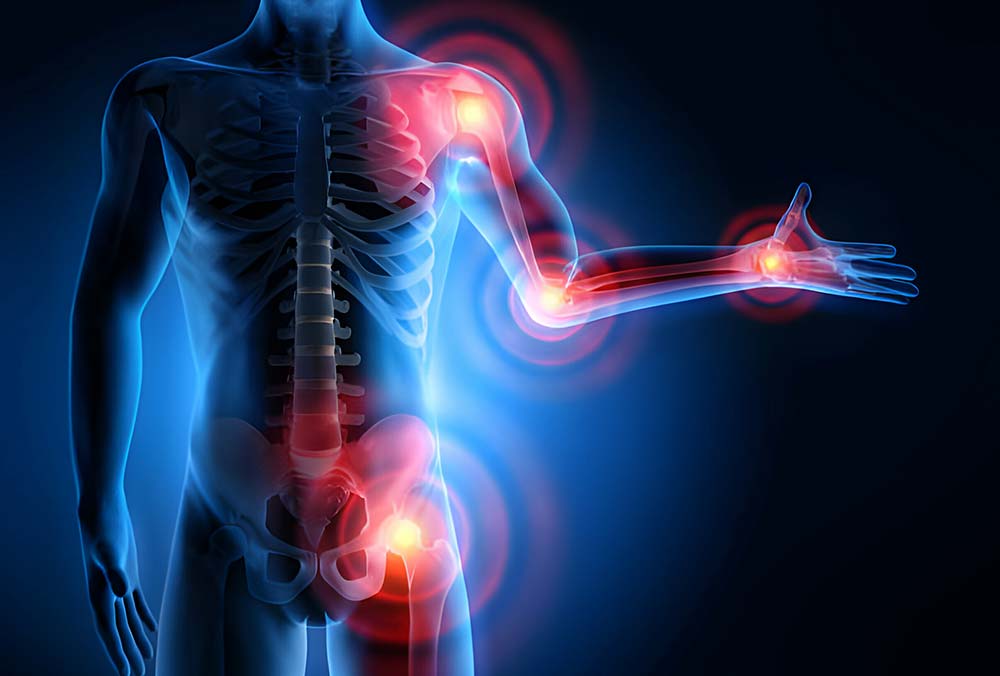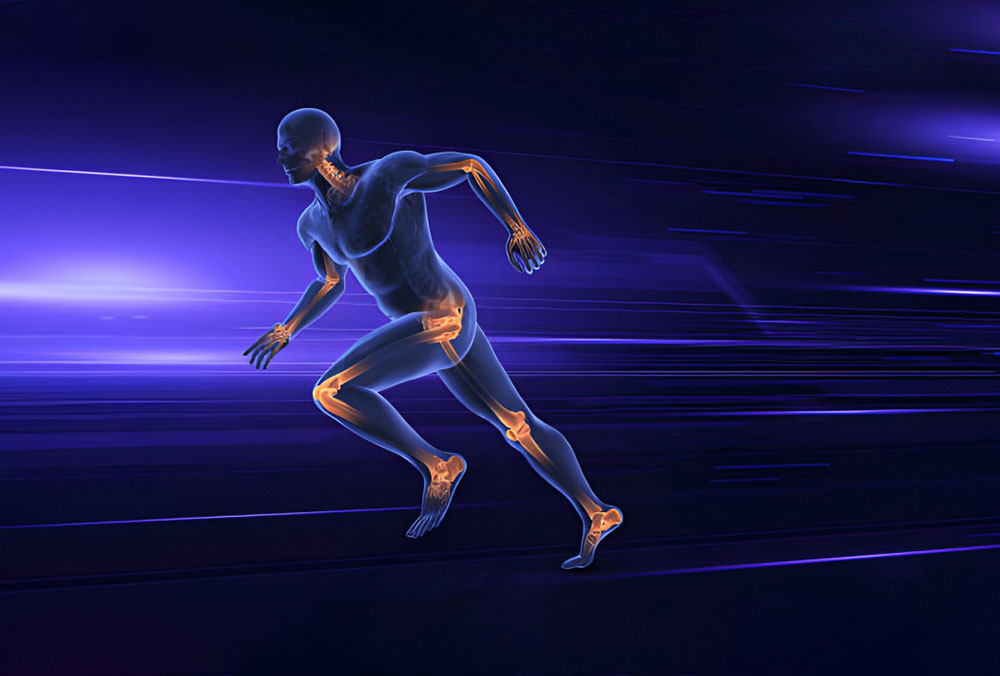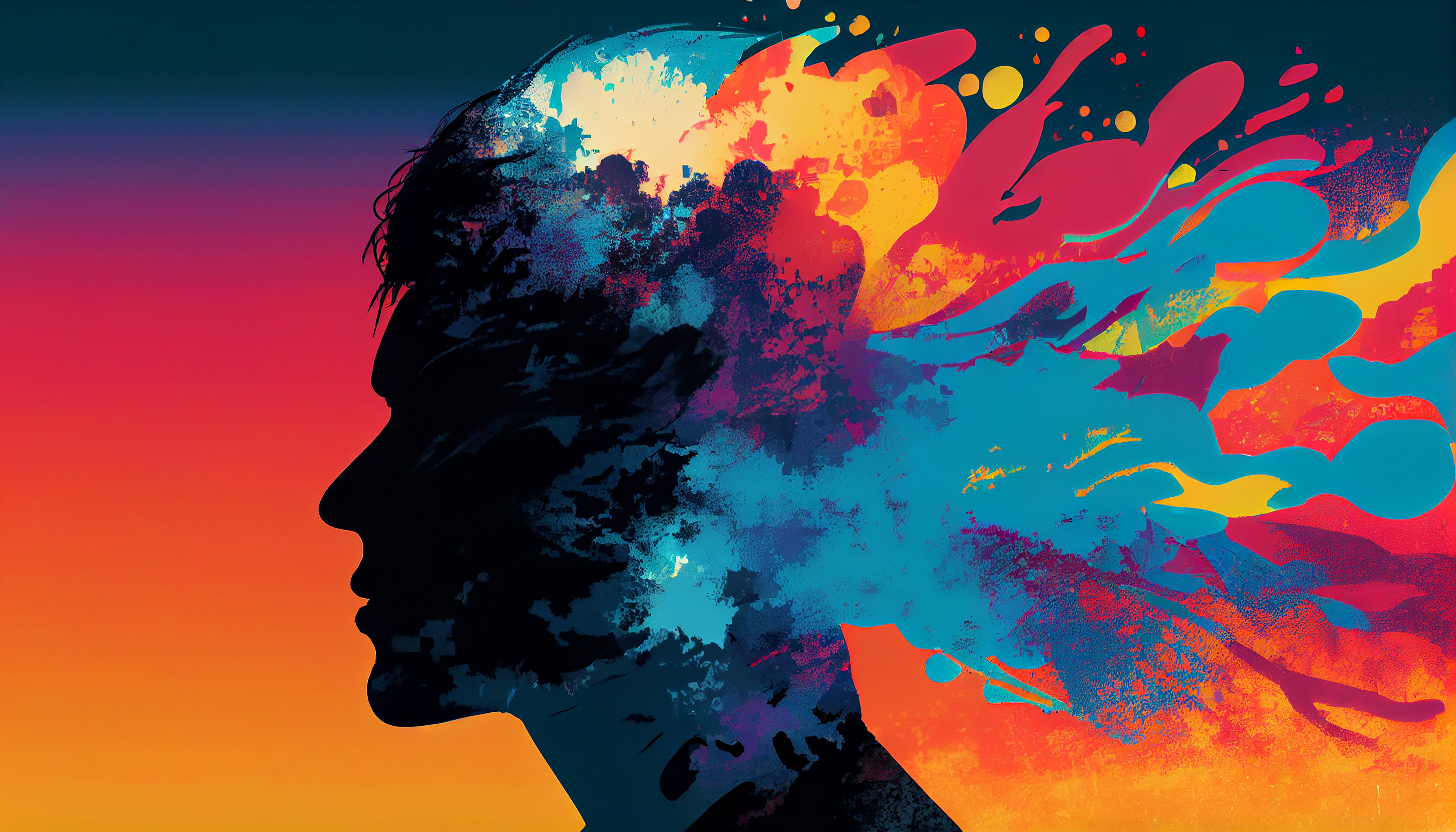
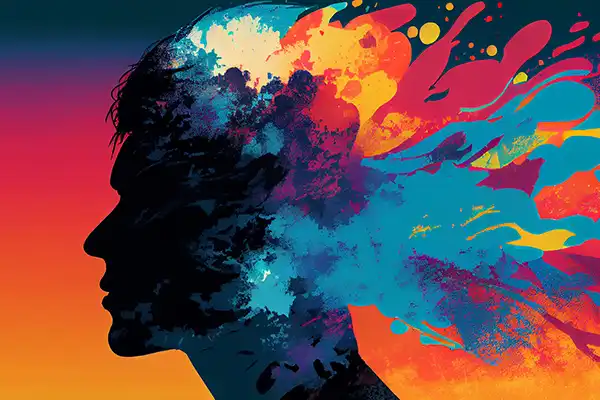
Activities
Our Blogs
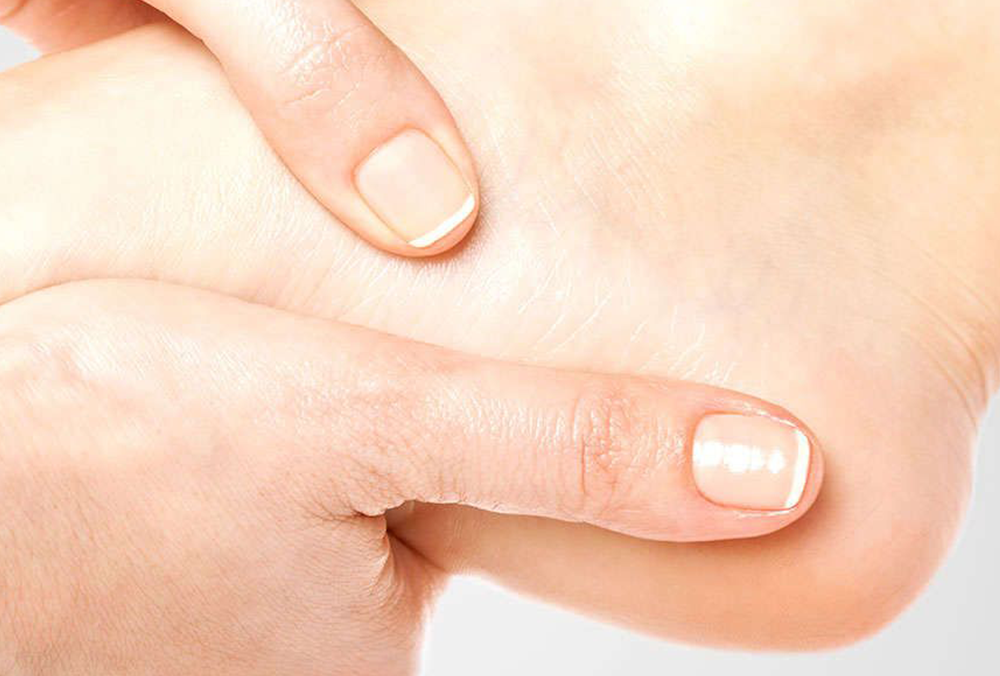
Tired of pain?
Pain and tiredness
Pain is a common symptom of most diseases and it goes away when the disease is cured. If it doesn’t go away, however, it becomes a disease on its own. It can wear you down and cause fatigue. Being fatigued, in turn, can worsen your pain and make it difficult to manage. Why on earth should pain cause fatigue? It could be the disease process itself. If you suffer from arthritis, for instance, the chemicals released into your blood could cause fatigue. These chemicals, known as the ‘inflammatory soup,’ are similar to the ones produced in the body when you have a bad cold or a viral fever. It’s obvious that this soup works differently to what a ‘soup’ as you conventionally know works. Regardless of what triggers their release, the result is the same – fatigue.
Fibromyalgia and chronic fatigue
There are many other reasons, but most of us feel fatigued with no major underlying medical issues. Chronic fatigue syndrome and fibromyalgia are conditions that cause pain and fatigue with no apparent reason. Women tend to be more affected with these conditions, and the symptoms might include multiple tender spots in the body, generalized weakness and joint pains. The sufferer may look perfectly well on the outside for a casual observer despite the immense suffering. This conflict leads to accusations of faking a pain problem, and the sufferer could feel isolated socially. When we feel fatigued, it would be wise, however, to rule out conditions such as anemia, sleep apnea, underactive thyroid, diabetes, anxiety and depression.
Medical treatments
Feeling exhausted despite a good night’s sleep, feeling stressed, lacking energy, getting angry at the drop of a hat, and feeling hungry at all times could all be part of your symptoms. Is there something that the doctors could do to help? Of course, they could help pinpoint the exact medical cause for the problem. This may need some blood tests and other investigations. Your treatment itself might include medications, nerve blocks, exercises and relaxation therapy.
Self-help
The treatment doesn’t end there, as there are many things you could do to help yourself. In western countries, people who suffer from fatigue sometimes form social groups to support each other. The members call themselves as ‘spoonies,’ because they often describe the energy levels left in them in terms of number of spoons of energy left. You could, perhaps, call yourself the ‘bucketloadies’ by doing things differently like monitoring and pacing your activity, scheduling in rest and relaxation and rewarding yourself for physical exercise. You could, may be, set short-term goals and try achieving them in small steps. Relaxation techniques, meditation, and writing down how you feel and positive self-talk are all very useful. Reminding yourself ‘I have got through this before, I can do it now,’ could do wonders for your outlook. Eating a healthy diet, drinking lots of water and minimising alcohol intake are useful too. Unlike a bad film where the very next scene presents an opportunity to become unbelievably rich, your recovery might take a while. In essence, it is about persistence and the belief that things could get better.


 Prev
Prev


